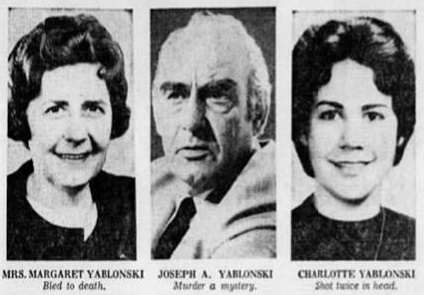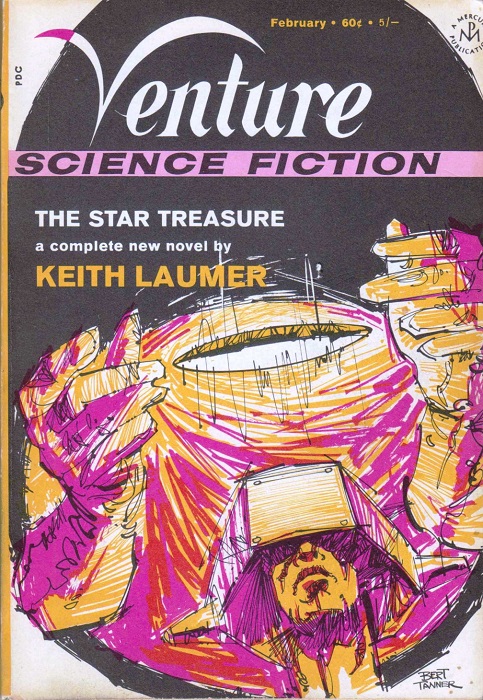
by David Levinson
A less perfect union
Unions have been a positive for workers. They’re why we have the 40-hour work week, overtime pay, paid time off, why blue collar workers are able to buy a house, not to mention not owing their soul to the company store; I’m old enough to remember when none of those things were a given. Of course, as human institutions, they are also flawed, and where money and power flows, those flaws can turn to worse things. That’s what gives many politicians—and the editor of a certain science fiction magazine—a pretext to rail against them.
One of the most important unions this century has been the United Mine Workers of America. Much of that stems from the four decades of leadership by John L. Lewis, who died last June. Lewis took a well-earned retirement in 1960 and was replaced by his vice president Thomas Kennedy. Old and in poor health, Kennedy was largely a caretaker and was soon followed by Lewis’ chosen successor, W.A. “Tough Tony” Boyle.
Lewis ran the UMWA with an iron fist, ignoring demands by the rank-and-file for a greater say in the union. He maintained his power through skill, charisma, and reputation. Boyle has run things with a similar style, but lacks most of what kept Lewis in charge. There’s even a feeling among the membership that he tends to favor the interests of the mine owners over the workers.
Enter Joseph “Jock” Yablonski. He was one of the leading figures in the opposition to Boyle’s policies. He had also been the president of the UMW’s District 5 until Boyle unilaterally stripped him of office in 1965. Last May, Yablonski announced he would challenge Boyle for the UMW presidency in the December election and was formally nominated in September. Boyle won the election on December 9th by an almost 2-to-1 margin, and Yablonski conceded. However after seeing the detailed election results, Yablonski promptly asked the Department of Labor to investigate the election. On the 18th, he also filed five civil lawsuits in federal court against the UMW over a variety of irregularities.
On January 5th, Yablonski’s older son, Kenneth, discovered the bodies of Yablonski, his wife Margaret, and their 25-year-old daughter Charlotte in their home in Clarksville, Pennsylvania. The next day 20,000 miners in West Virginia staged a one-day wildcat strike in protest against Tony Boyle, who they believe is responsible for the murders. Hours after the Yablonskis were buried, several of his supporters met with his attorney to plan further actions to reform the union.

As I write, the police have no leads. A $60,000 reward has been offered for information leading to an arrest and conviction. I don’t want to point any fingers without evidence, but an awful lot of people close to Yablonski are looking hard at Tony Boyle and the acrimony surrounding last month’s election.
Corrupt institutions
Most of this month’s Venture is given over to the new Keith Laumer novel, which spends quite a while with miners. But it and the other stories in the issue deal with corruption, both institutional and personal.
 A not very representational image for Laumer’s new story. Art by Bert Tanner
A not very representational image for Laumer’s new story. Art by Bert Tanner
Continue reading [January 14, 1970] Root Rot (February 1970 Venture)

![[January 14, 1970] Root Rot (February 1970 <i>Venture</i>)](https://galacticjourney.org/wp-content/uploads/2025/01/Venture-1970-02-Cover-483x372.jpg)